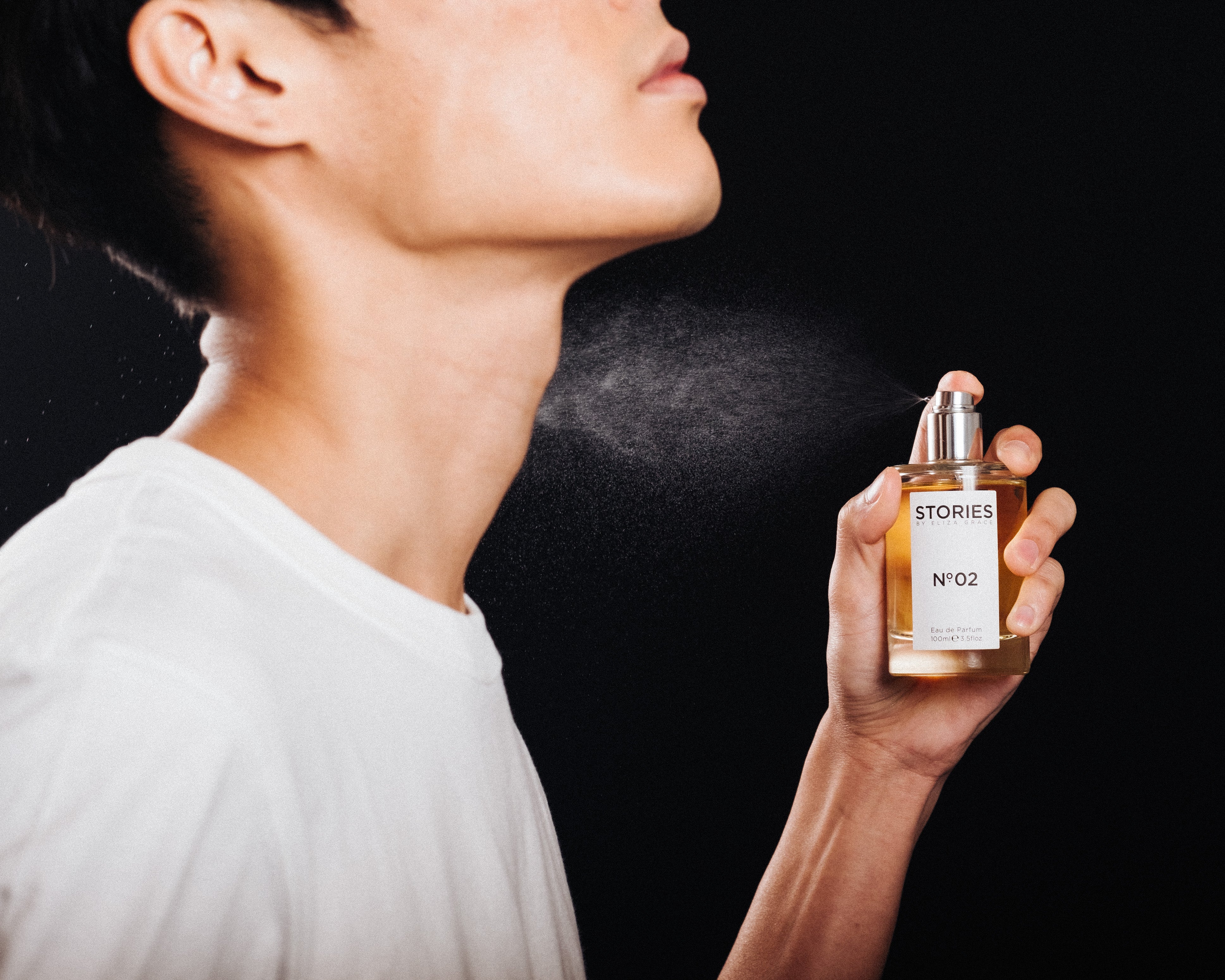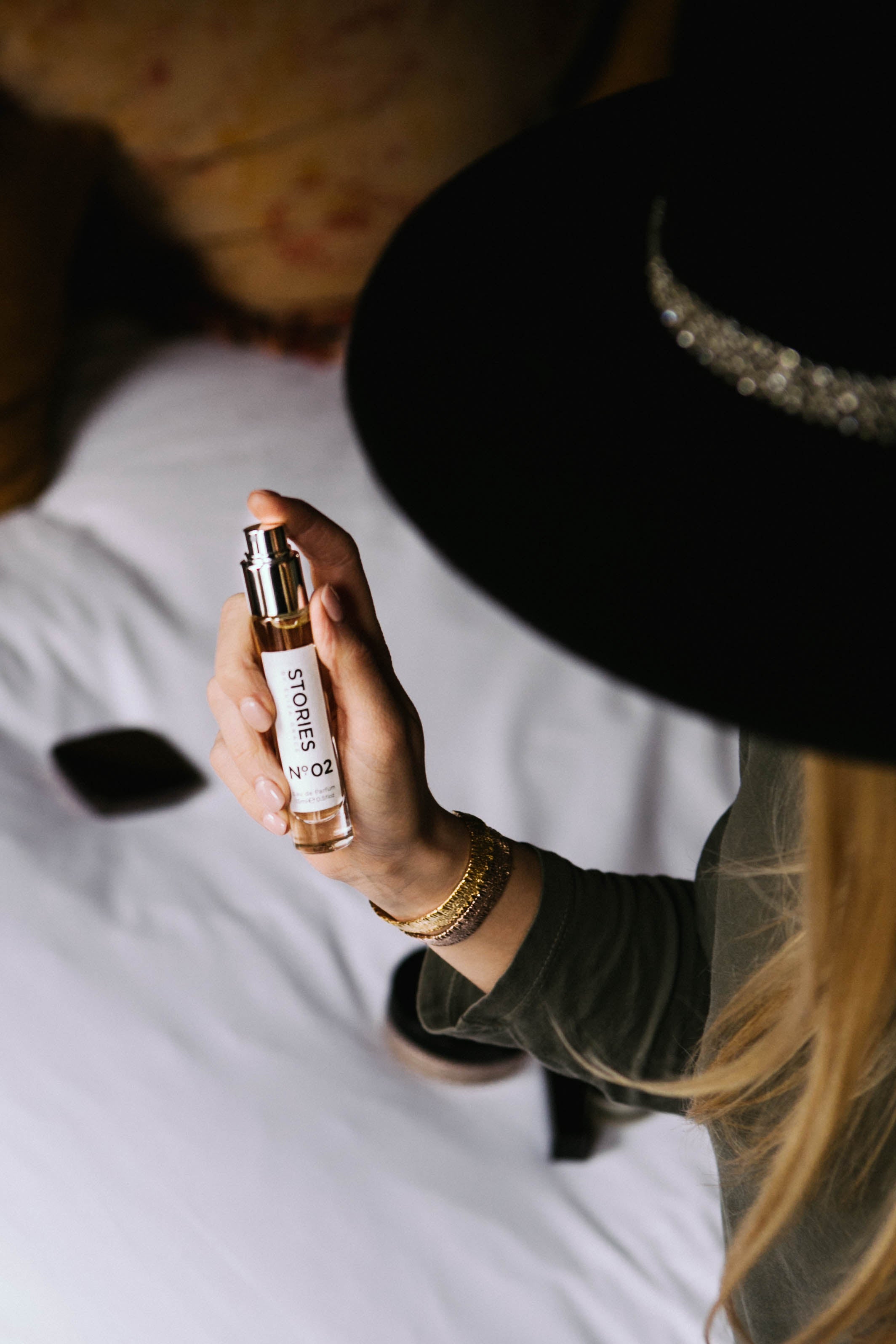From Pomanders to Perfumers, a Brief History of British Perfume
The phrase, ‘keeping at bay’ was coined during the Roman Conquest of Britain when fragrant plants where introduced and used to scent luxurious baths. Bay was believed to ward off the plague. The only other use of fragrant products around this time was incense in the Catholic Church.
Fast forward to the fourteenth century; the Crusaders brought exotic essences back from the Middle East. Initially these were used for their protective properties. King Henry V filled a golden ball, known as a pomander, with Musk and Ambergris in order to avoid contracting the plague. It was not until Queen Elizabeth I’s reign that scent became a cosmetic luxury.
Scented Leather
In that time, scented leather was the favoured way to experience perfume. This practice has its roots in Grasse, the perfume capital of the world. In those days, the town was best known for producing the finest leather gloves in the world. Part of the process that made their product so unique was soaking the hides in urine in order to soften them. This meant the gloves needed to be scented. Perfumed oils where widespread in the area and the leather craftsmen used these to improve the smell of their product.
During the reign of Charles I, there was an excise duty on soap so personal hygiene was the preserve of the elite. The upper classes used Civet to mask the stench of the unwashed masses. The paste comes from a scenting gland of a small cat, known as a civet cat. It has a nauseating stench on its own but when combined with the right ingredients it lends a fresh, animalistic aroma. The civet cat became the sign of the perfumer’s shop in Britain.
Masking the Stench
During the Great Plague of 1665, the stench of the dead and the dying became a matter of great concern. The Lord Mayor of London ordered that sulphur, saltpetre and Ambergis be burnt in the streets to mask the smell. After the Plague, personal hygiene was a priority. It became fashionable to have a perfumed bath and ‘sweating houses’ gained popularity. These were essentially old-fashioned saunas with the addition of diffused oils.
One of Britain’s first perfumers was Charles Lillie. His revolutionary concept was to introduce fragrance to snuff. He was known as the only man to have been ‘bred in the business of perfumery’ and he ran a successful business for 30 years. He also published The British Perfumer in 1822 as a tool for negotiating the commercial perfume market. It is essentially a perfumer’s recipe book that encourages those working in the industry to use their senses when curating a blend.

Houses of Perfumery
It was not until the nineteenth century and the arrival of the Industrial Revolution that perfumery became what we would recognise today. Scientific discovery of molecular structure and the discovery of new methods of extraction in Europe gave rise to unique creative practices. Natural materials could be blended with fragrant chemicals to great effect and modern houses of perfumery were established.
Modern day fragrance designers can build on this strong historical foundation. There is a rich heritage from which to glean inspiration and a generation of artisan creatives alongside which to stand. As we look ahead to National Fragrance Week, it seems appropriate to give a nod to the men and women who forged a path in perfumery. The future of fragrance design is a blank canvas
Do you know your EDP from your EDT? Read more here.



Leave a comment
This site is protected by hCaptcha and the hCaptcha Privacy Policy and Terms of Service apply.